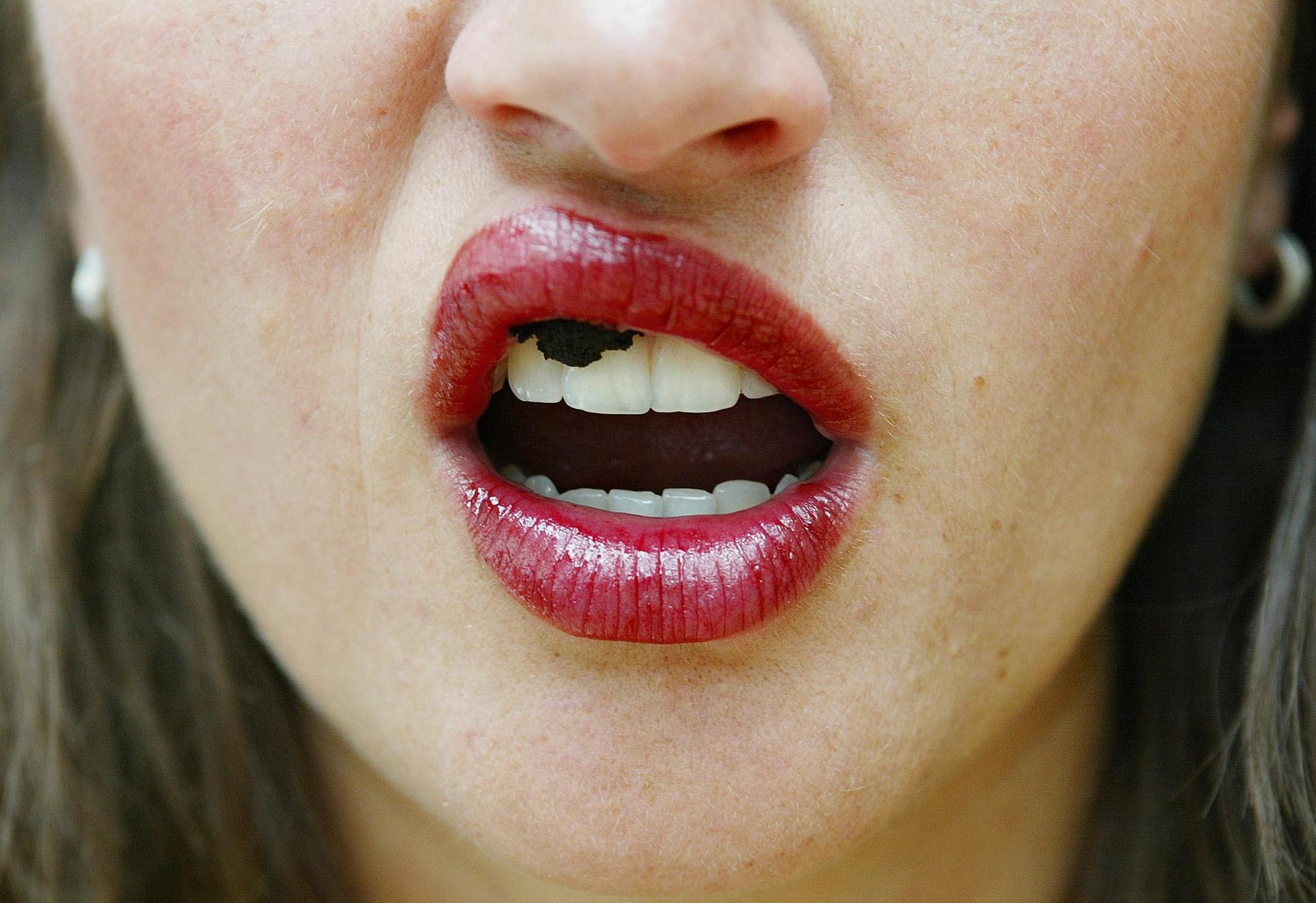An Argentine vaccine has been shown to be much less toxic than the drug interferon and to prolong life longer without metastases in patients with melanoma (the most aggressive skin cancer) in stages with a high risk of relapse, according to published results of a phase II clinical study in the academic journal “Frontiers in Immunology”.
The vaccine, called VACCIMEL, “showed that it is capable of activating a strong immune response against melanoma,” said Dr. José Mordoh, CONICET researcher, head of the Cancerology Laboratory at the Leloir Institute Foundation (FIL) and director of the Center for Oncological Research of the Cancer Foundation, in Argentina.
“What is interesting about the study is that we were also able to determine that treatment with VACCIMEL is compatible with so-called ‘immune checkpoint inhibitors’, a type of immunotherapy that has shown in recent years to be capable of greatly improving the prospects of these patients. patients. The combination of both treatments is safe, and would enhance the immune response against this aggressive skin tumor”, added Mordoh.
Blood tests of patients enrolled in the study show that VACCIMEL models genetically homogeneous populations or “clones” of certain immune cells, circulating T lymphocytes, so that they recognize tumor antigens (molecules that trigger the reaction of the body’s defenses). .
“The T lymphocytes migrate to the tumor and destroy malignant cells,” explained Mordoh, a doctor graduated with honors and a doctorate from the UBA who was a disciple of the 1965 Nobel Prize in Medicine, François Jacob, and the 1970 Nobel Prize in Chemistry, Luis Federico Leloir. .
From left to right: María Marcela Barrio, Mariana Aris, Ana Mordoh, José Mordoh, Alicia Inés Bravo and Ibel Carri, from the research team. (Photo: CyTA-Leloir Agency)
In the new study, a group of 19 patients with melanoma at high risk of relapse (stages IIB, IIC, and III) received VACCIMEL in combination with BCG and GM-CSF. BCG or Bacillus Calmette-Guerin is used for tuberculosis vaccination and induces a strong immune response, and GM-CSF is a molecule that attracts monocytes, a key white blood cell for effective immunity.
“The combination of VACCIMEL, BCG and GM-CSF further enhanced the immune response against melanoma,” Mordoh said.
Another group of patients received only interferon, a drug whose effect is to make the immune system attack tumor cells.
The results were eloquent: half of the patients treated with VACCIMEL relapsed at 96 months, while half of those treated with interferon relapsed at 13 months.
Furthermore, the investigators further observed that, with a follow-up of between 91 and 223 months of 30 patients treated with VACCIMEL in different clinical studies, four years after vaccination, 3 out of 4 patients did not present with distant metastases (when the tumor spreads to distant organs), a rate comparable to that obtained with immune checkpoint inhibitors or targeted therapies.
Ana Mordoh, from the Dermatology Division of the “José de San Martín” Clinical Hospital of the University of Buenos Aires (UBA), also participated in the study; Mariana Aris and María Marcela Barrio, from the Cancer Foundation’s Cancer Research Center; Ibel Carri, from the Biotechnological Research Institute of the National University of San Martín; Alicia Bravo, from the Leloir Institute Foundation; Enrique Podaza of the Englander Institute of Precision Medicine, in the United States; Juan Carlos Triviño Pardo, from the Genomic Systems of the ASCIRES Biomedical Group, in Valencia, Spain; and Gerardo Rubén Cueto, from the Faculty of Exact and Natural Sciences of the UBA.
Phase I and II clinical studies were carried out at the Alexander Fleming Institute, in Buenos Aires, and the last one was sponsored by the Pablo Cassará Laboratory. (Source: CyTA-Leloir Agency)
–


